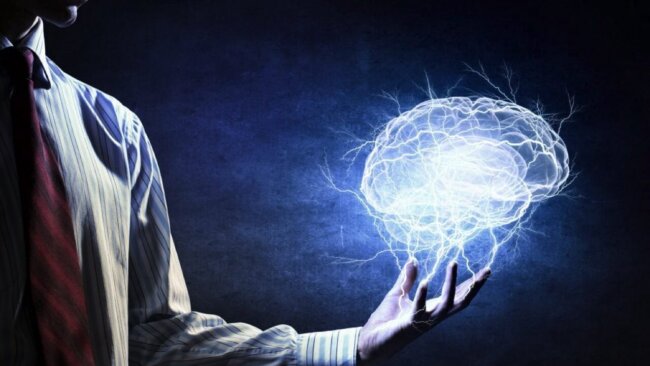Agnes Horvath is a founding editor of International Political Anthropology. She is the author of Political Alchemy: Technology Unbounded (Routledge, 2021), The Political Sociology and Anthropology of Evil: Tricksterology (Routledge, 2020), Divinization and Technology: The Political Anthropology of Subversion (Routledge, 2019), Breaking Boundaries: Varieties of Liminality (Berghahn, 2015), and Modernism and Charisma (Palgrave, 2013).

